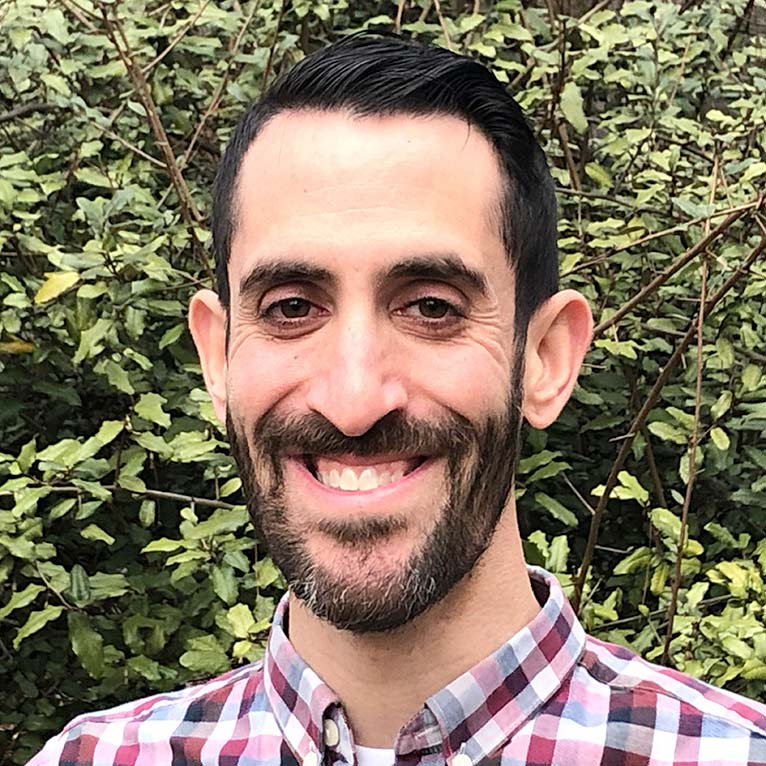Self-Efficacy and Empowerment
Access to high-quality information can help patients feel more in control.

When psychologists reference the concept of self-efficacy, they are describing an individual’s confidence in their ability to do what is necessary to achieve a specific goal or objective. When health care providers talk about self-efficacy in the clinic, they are trying to ascertain whether patients will fill their prescriptions, use their medications as prescribed, and attend their appointments as directed. Unsurprisingly, patient education and patient-provider communication have a significant impact on self-efficacy.
In discussions surrounding glaucoma medication use, the words adherence and compliance are frequently bandied about, even though many patients perceive these terms negatively. Instead of talking about whether patients have filled their prescriptions and are using medication as intended, why not shift the focus to patients’ needs, creating an opportunity for discussion and working to educate and empower them?
Rather than asking patients why they are not taking their drops as prescribed, why not ask if they are experiencing challenges with their treatment? Elevated IOP may be a result of a patient’s running out of their drops before month’s end owing to incorrect dosing. Perhaps financial burdens are a barrier to medication access. Maybe the patient is unsure how many drops to instill or how frequently to administer them.
Research suggests that patients who ask more questions about their medications do so because they have less confidence in their ability to use them as prescribed. Education and communication are therefore key, but these initiatives take time, which is often in short supply.
Glaucoma Research Foundation (GRF) offers a variety of high-quality, readily available resources designed to benefit both patients and clinicians. I recently sat down with Nancy Graydon, the Executive Director of Development and Chief Operating Officer at GRF, to review the organization’s comprehensive offerings.
Richie Kahn (RK): How do clinicians play a role in GRF’s resources?
Nancy Graydon (NG): GRF wants and needs to partner with clinicians. All our materials were developed with a wonderful and talented team of glaucoma specialists who write and review our print and online content. We rely on their experiences with patients to suggest topics and help answer the questions frequently posed by people with glaucoma.
RK: How can GRF’s resources help to educate and empower patients?
NG: GRF’s booklet Understanding and Living with Glaucoma is a comprehensive resource and an important guide for patients and their caregivers. It outlines current treatment options and provides useful tips to patients for working with their doctor and making healthy choices.
Because it answers so many questions for patients, the guide becomes an important and empowering tool. In addition, by encouraging patients to receive Gleams, GRF’s print and online newsletter, doctors demonstrate deep compassion for patients’ ongoing eye care.
Most patients turn to the Internet for answers, and by recommending GRF, doctors can ensure that their patients have access to reliable, unbiased, and practical information. In a recent study of online glaucoma content, GRF’s website (www.glaucoma.org) ranked among the best, scoring a 45 out of 50 for quality and a 12 out of 12 for accuracy of information. Informing patients that there are reliable resources available allows them to have more control in their diagnosis.
Depression, feeling out of control, and hopelessness can be common among patients with chronic diseases. If armed with trustworthy information, patients may be more willing to adhere to treatment and overcome any obstacles that prohibit them from taking their medications as prescribed.
RK: Have you heard of any effective ways clinicians incorporate GRF’s resources into their patient education process?
NG: Andrew Iwach, MD, who is the Director of the Glaucoma Center of San Francisco and Board Chairman of GRF, invites his patients to sign up for the Gleams newsletter while they are in his clinic. Providing interested patients with easy access to an ongoing educational resource about their disease helps to educate and empower them with high-quality information.
Resources from Glaucoma Research Foundation for Patient and Clinicians
For Patients
Gleams Newsletter and E-Newsletter — a print and email-based newsletter with interviews, personal stories, and current information about glaucoma treatments, research findings, and more.
Understanding and Living With Glaucoma: English and Spanish Versions — Comprehensive and up-to-date guides on glaucoma, treatment options, frequently asked questions, and more.
Annual Glaucoma Patient Summit — An annual event that highlights advances in treatment options and provides practical information to help patients understand and live with glaucoma.
Webinars and Patient Education Videos — Video-based presentations featuring clinicians, researchers, and patients discussing glaucoma, its management, research progress, and more.
For Clinicians
Glaucoma 360: New Horizons Forum — An annual forum uniting clinical, industry, and regulatory leaders in an exchange on research innovation and advances in glaucoma care.
Glaucoma 360: Glaucoma Symposia — A full day at Glaucoma 360 featuring complimentary continuing medical education for ophthalmologists and optometrists.
GRF Ambassadors Program — A group of leading doctors who advocate for patients, assist with the development of educational materials, and make patient education a key component of their practice.
Catalyst for a Cure— GRF’s flagship research program, designed to engage scientists and philanthropists dedicated to groundbreaking work in glaucoma.
Article by Richie Kahn, MPH.
Source: Glaucoma Today September/October 2022 issue; Posted on March 30, 2023

Richie Kahn, MPH
Richie Kahn, MPH is a health policy professional, clinical researcher, patient advisor, and a glaucoma patient. He volunteers for Glaucoma Research Foundation on the Patient Summit Steering Committee.